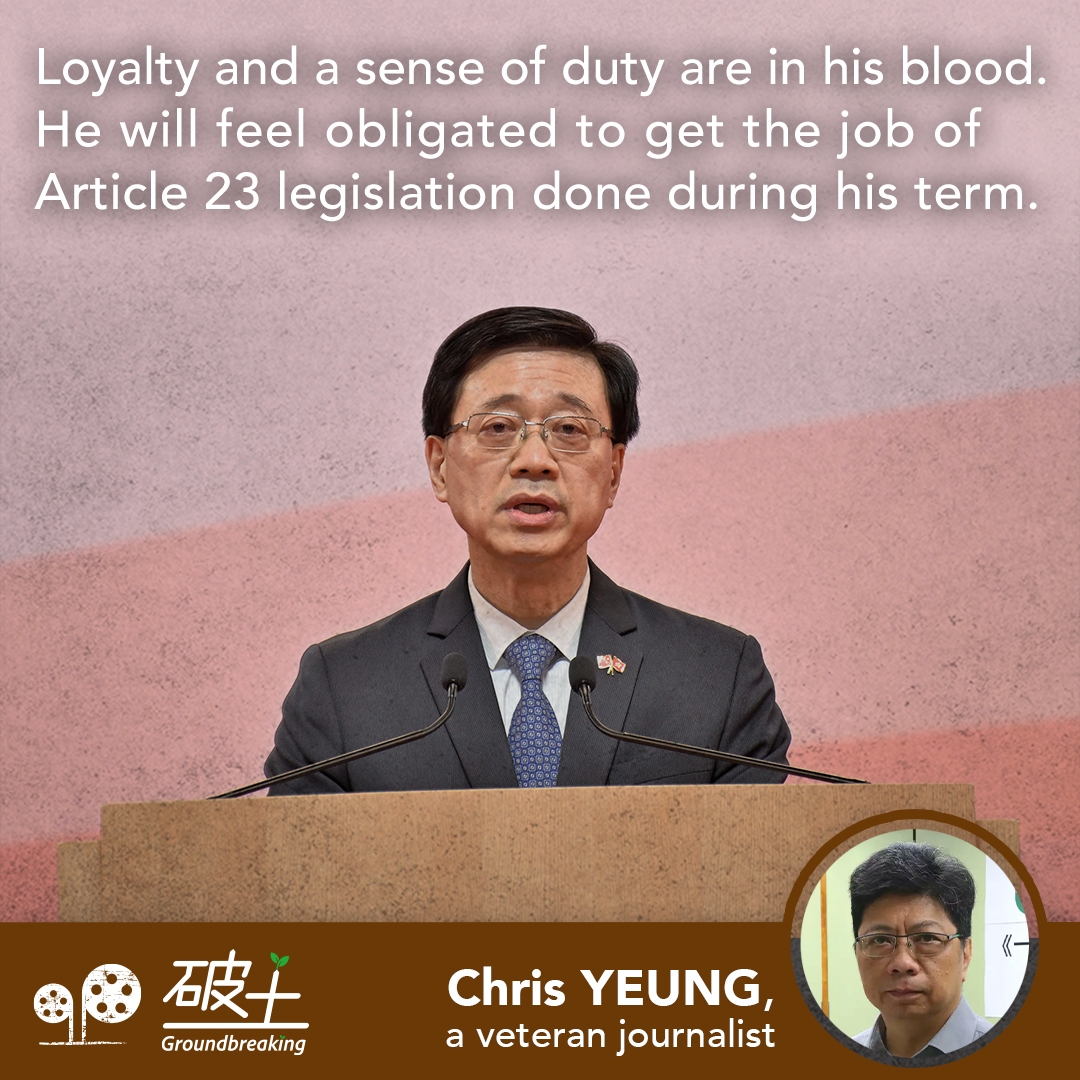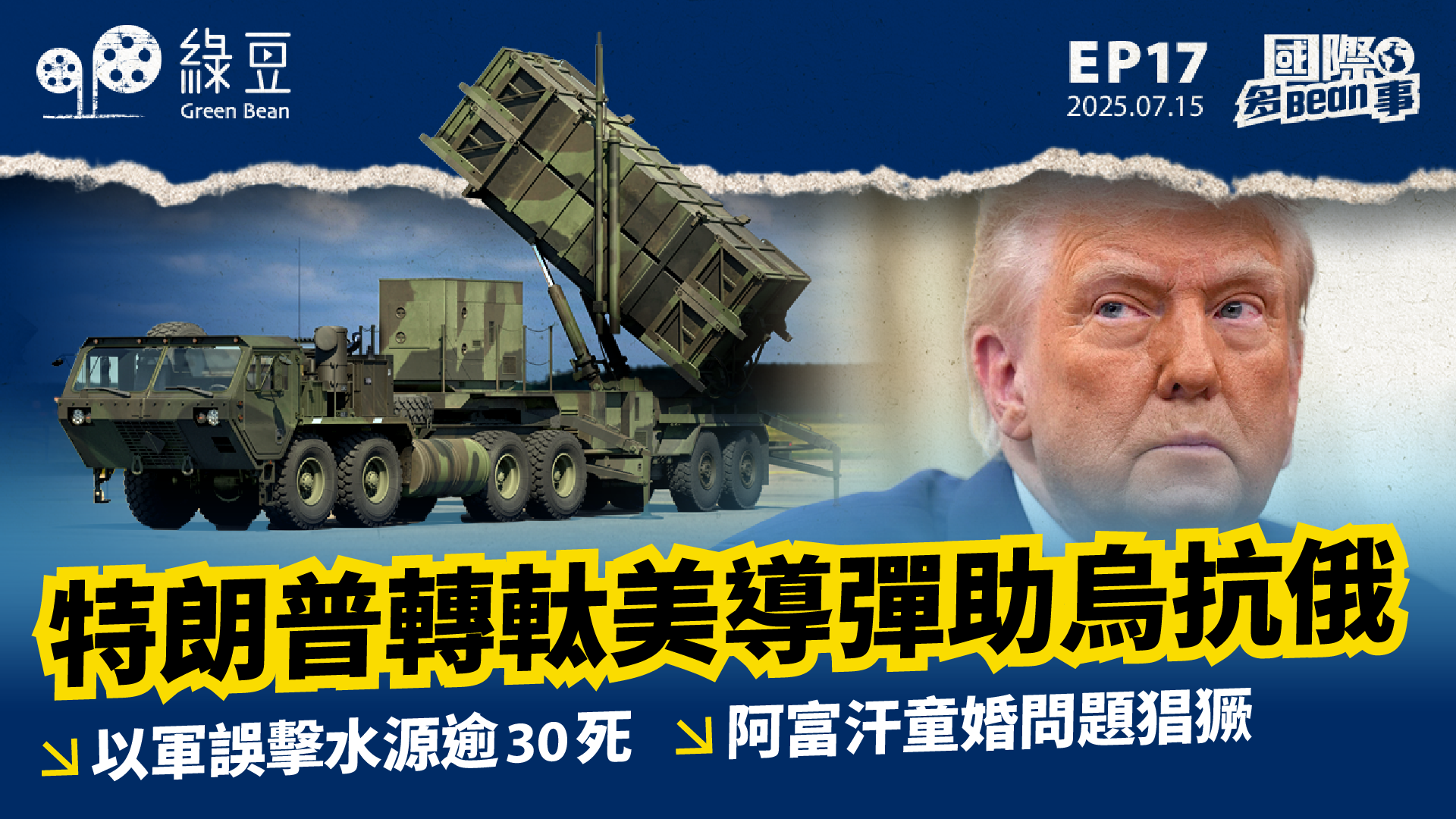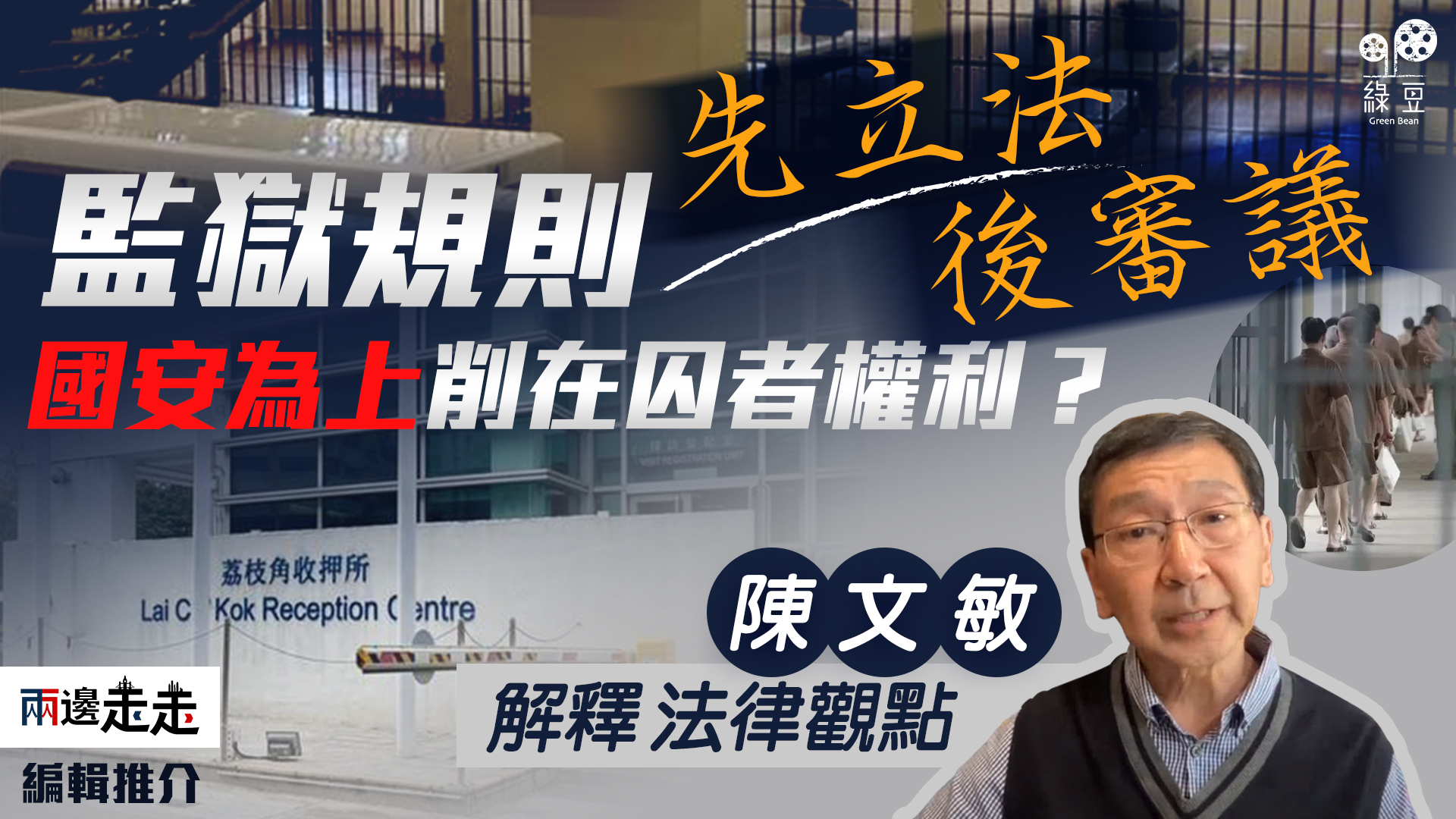Lee gives Article 23 timetable, but is it?

The task of enacting a law on Basic Law Article 23 remains unfinished twenty-five and a half years after Hong Kong’s return to Chinese rule in 1997.
The city’s first chief executive Tung Chee-Hwa tried to get it done in 2003, but failed miserably. His successors Donald Tsang, Leung Chun-Ying and Carrie Lam had never ventured to put the anti-subversion legislation back on the legislative agenda during their reign. John Lee, who was sworn in July last year, is poised to make history by restarting the legislative work of Article 23.
In an interview with the Beijing-backed Hong Kong Commercial Daily published on January 17, Lee said hoped the legislative work of Article 23 could be completed within this year, or next year at the latest.
Lee revealed the government already had a draft of the legislation, but added that he had requested the Security Bureau to prepare another after seeing “foreign forces continue with attempts to get involved or intervene with Hong Kong’s matters even after the conclusion of the black riots,” referring to the 2019 protests and unrest.
The second draft, he said, would focus on preventing “clandestine espionage activities,” block new methods of spying that arise from technological advancements, and plug loopholes introduced by new media. He did not specify how the law would legislate these areas.
In addition, the chief executive said there had been many “foreign agents” acting under the guise of different names, institutions or forums in Hong Kong, without naming names.
“We have prosecuted many, while some closed down on their own and left immediately after, these are successful (examples).” Lee said.
He said the government’s next step would be to prevent foreign agents from entering the city in the first place, without specifying who the agents were and how he planned to block their entry into the city.
Under Article 23, Hong Kong is obligated to enact a law to prohibit a list of seven crimes including subversion and secession, and theft of state secrets.
Tung shelved the bill indefinitely days after half a million took to the street on July 1 in 2003.
Although Beijing imposed a national security law on Hong Kong in June 2020 to help restore order following a protracted social movement ignited by an now-shelved extradition bill, Beijing and Hong Kong officials have indicated clearly that the Article 23 legislation should be enacted as soon as possible. The new law should cover other crimes that were not included in the national security law.
Secretary for Security Chris Tang said in January last year a bill on Article 23 would be tabled to the legislature in the second half of the year.
The Government said in October it would not do so in 2022, without giving a new timetable. John Lee later told reporters it was more important to conduct comprehensive legal research and anticipate all national security risks so that the legislation will not be subject to any amendments after it has been passed.
His latest remarks last week could be interpreted as a move to set a deadline, albeit with a degree of flexibility, of the long-overdue task roughly within the first half of his five-year term.
On the face of it, it sounds sensible. By enacting the law, the obligation of Hong Kong in upholding national security as stipulated in the Basic Law will be fulfilled with two separate pieces of legislation on national security in place. At long last, all provisions in the Basic Law will be enforced.
John Lee, who joined the then Royal Hong Kong Police Force in 1977 as a probationary inspector, may not have set high political goals after being elevated to the city’s top post. But loyalty and a sense of duty are in his blood. He will feel obligated to get the job of Article 23 legislation done during his term.
Again on its face, Beijing would like to put a full-stop to Article 23 in view of its constitutional and political significance. But whether it is a must-do task for Lee is not without question in the face of the anticipated negative response from the international community – at a time when relations between China and the West are fraught with uncertainty and, at times, tension.
It sounds like an embarrassing coincidence. One day before Lee’s interview was published, a pro-Beijing heavyweight Lo Man-Tuen (盧文端)wrote in an article published in Ming Pao arguing there is no urgency of a law on Article 23 with national security being strongly protected following the implementation of the national security law.
Lo Man-Tuen is vice-chairman of the All-China Federation of Returned Overseas Chinese (全國僑聯副主席),his views have often been widely seen as an indicator of those of Beijing.
Hong Kong, he said, has now had more time and space to formulate a full legislative plan by taking into account the complicated changes in the international scene. While ensuring national security through Article 23, Lo said both the central and SAR governments understand the need of Hong Kong to open wider to the world.
“Hong Kong is the most open, most important financial centre in China. The role and advantage of Hong Kong will become more important (if) the United States adopts a containment strategy, including financial measures (towards China).”
Both Lo’s article and Lee’s remarks on Article 23 have been given good coverage in pro-Beijing media. But as of Thursday last week, commentary articles or editorials on the timetable of Article 23 legislation have been notably absent. Asked by reporters, security minister Chris Tang, who has seldom been shy from making comments, said he has nothing to add to Lee’s remarks, nor Lo’s argument.
This is perhaps because Lo has a point.
With signs of both China and major Western countries taking initiatives to lessen tension in their relations, a plan to resume Article 23 legislation that focuses on anti-espionage could create more troubles and uncertainty to the nation’s foreign ties.
Wish all Green Bean readers and supporters full of vitality, joy and good luck in the Year of the Rabbit!
▌[At Large] About the Author
Chris Yeung is a veteran journalist, a founder and chief writer of the now-disbanded CitizenNews; he now runs a daily news commentary channel on Youtube. He had formerly worked with the South China Morning Post and the Hong Kong Economic Journal.





